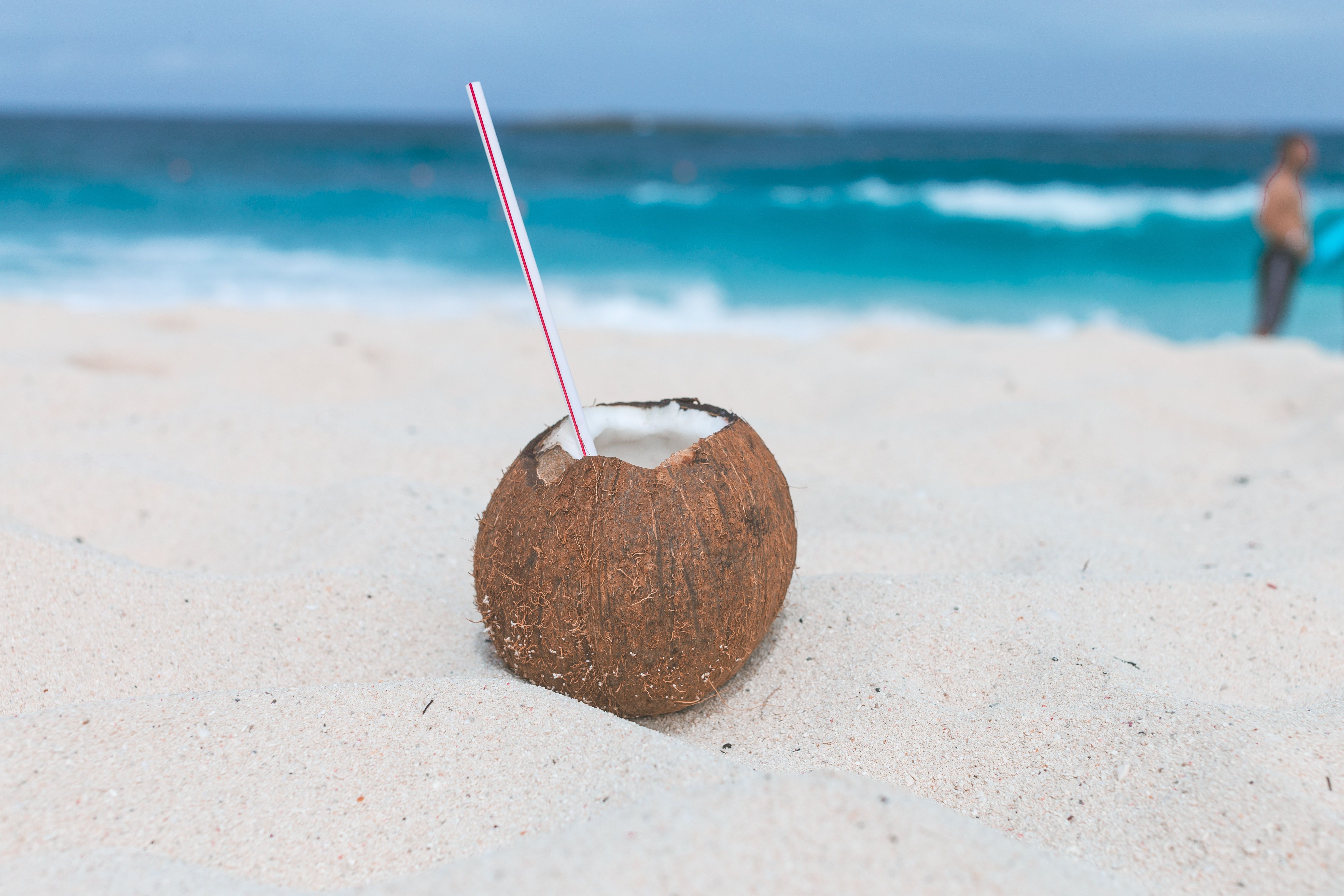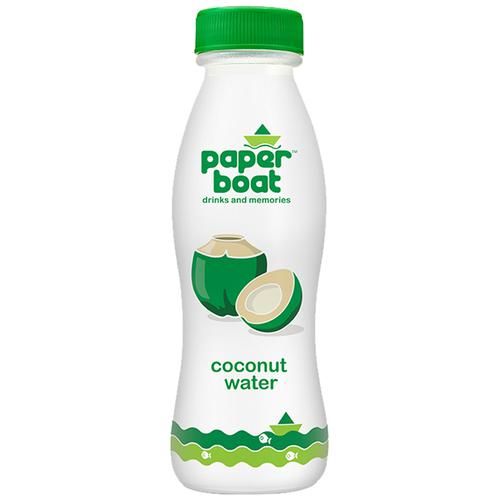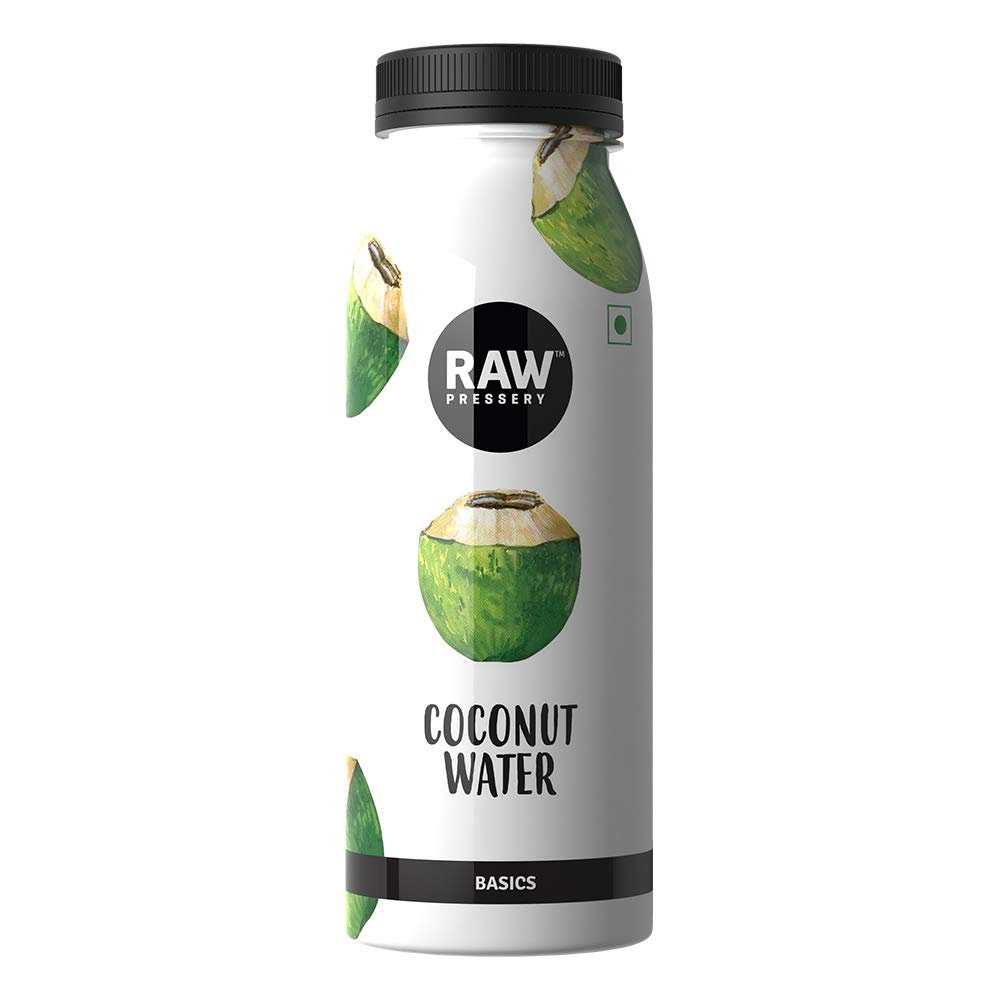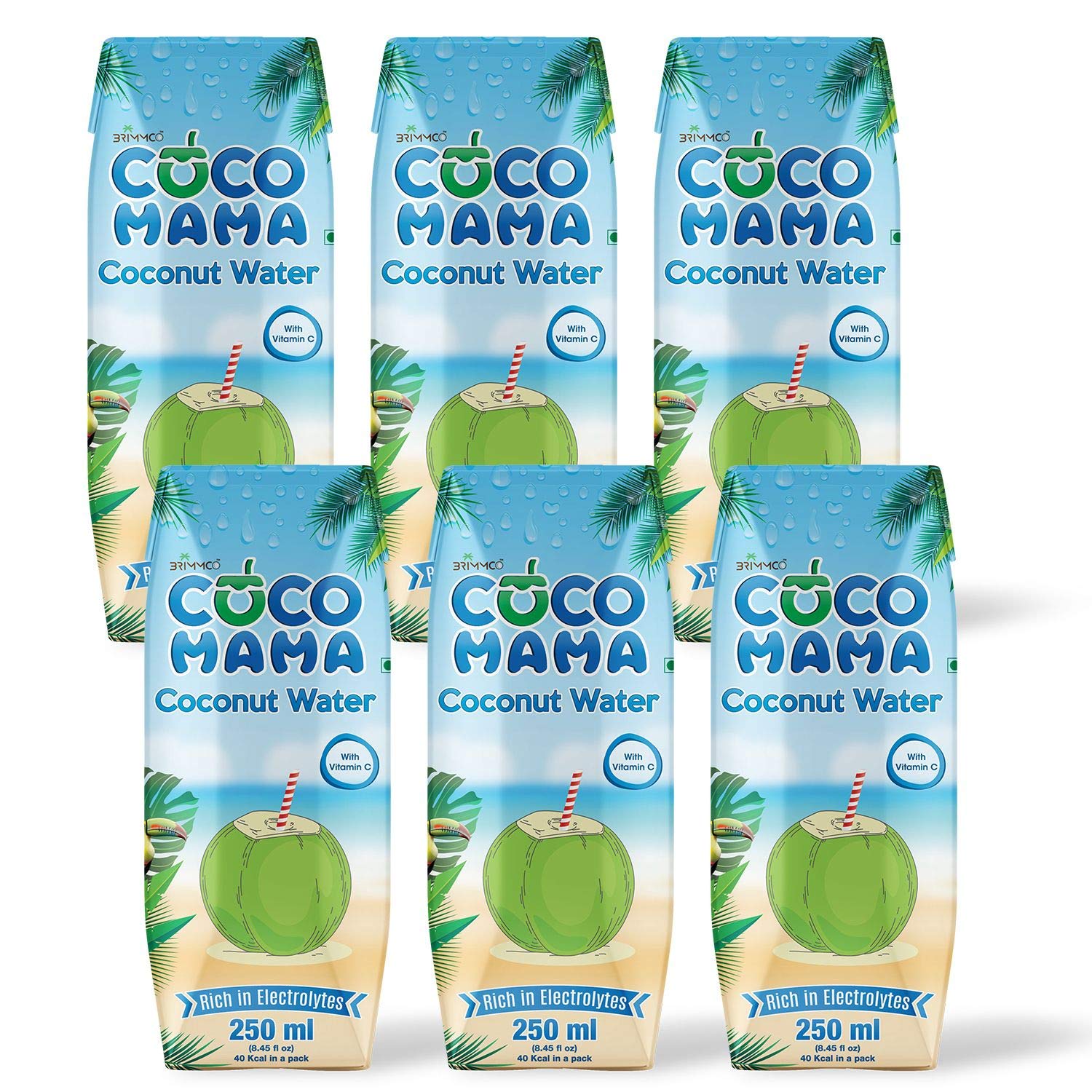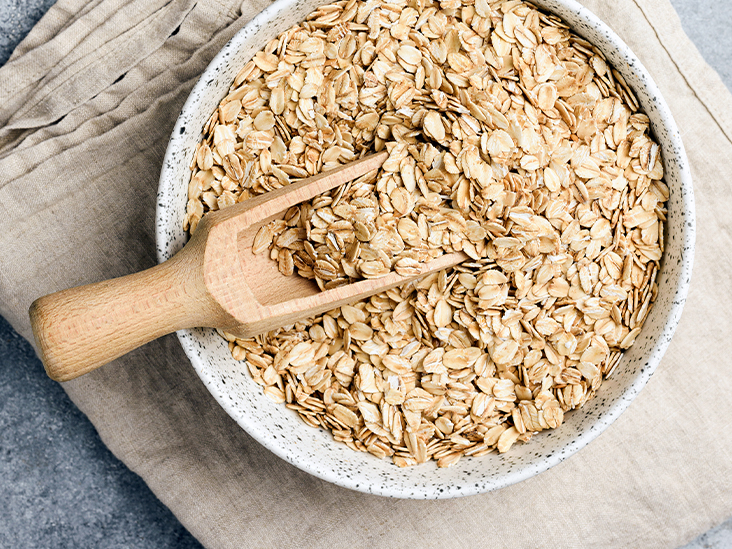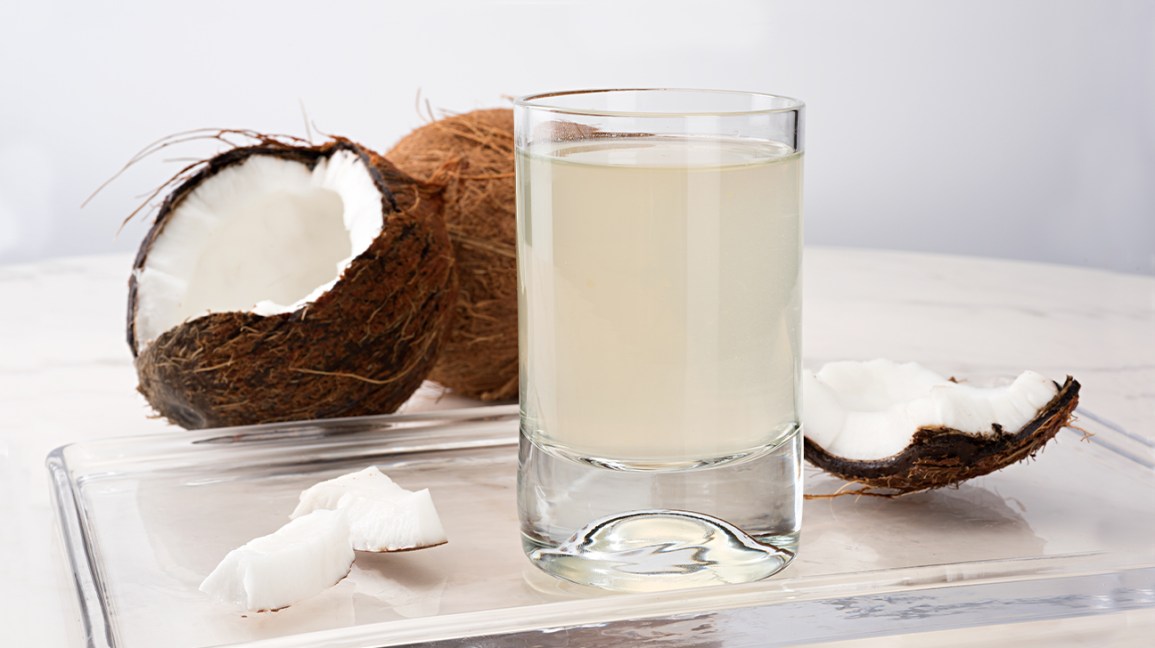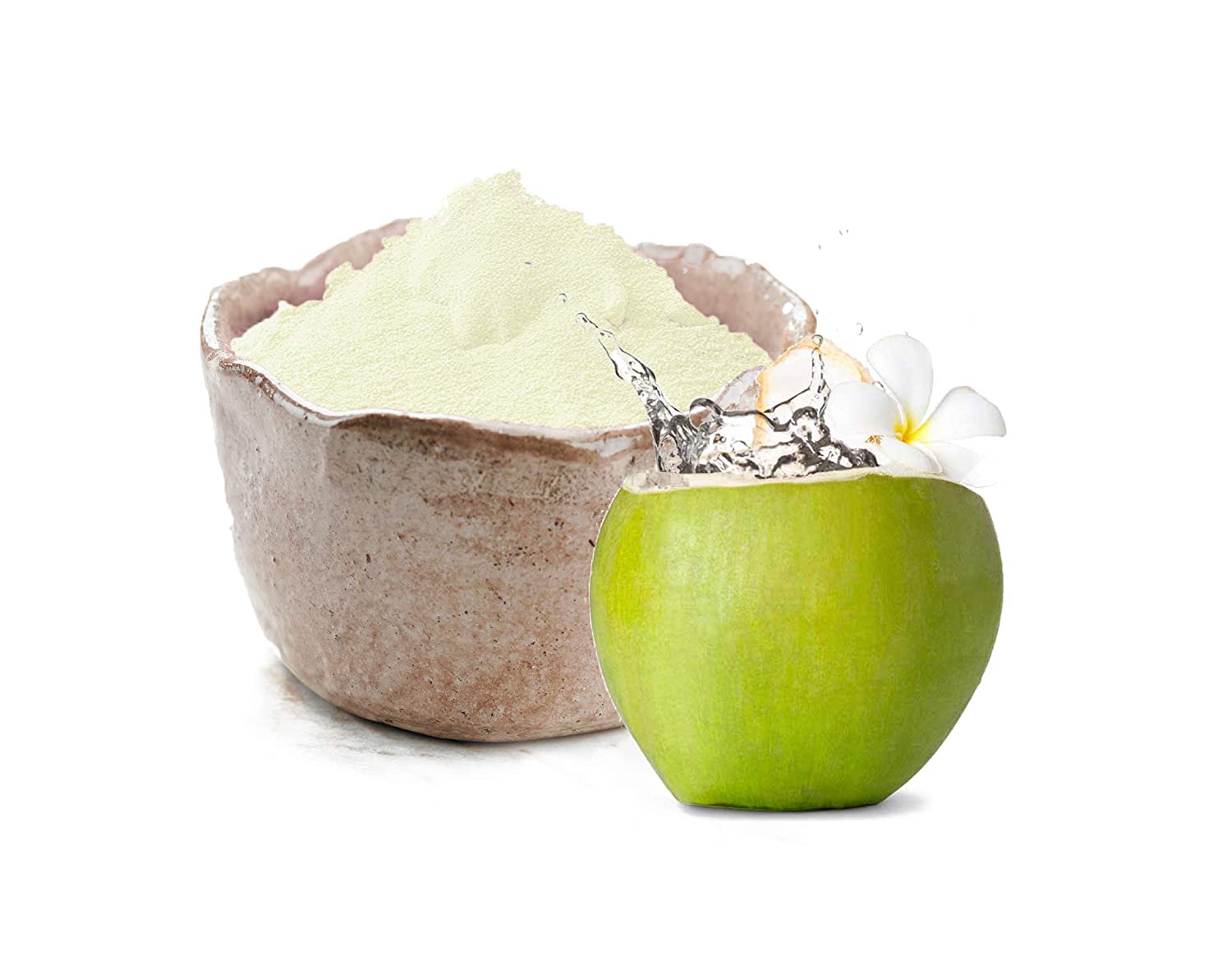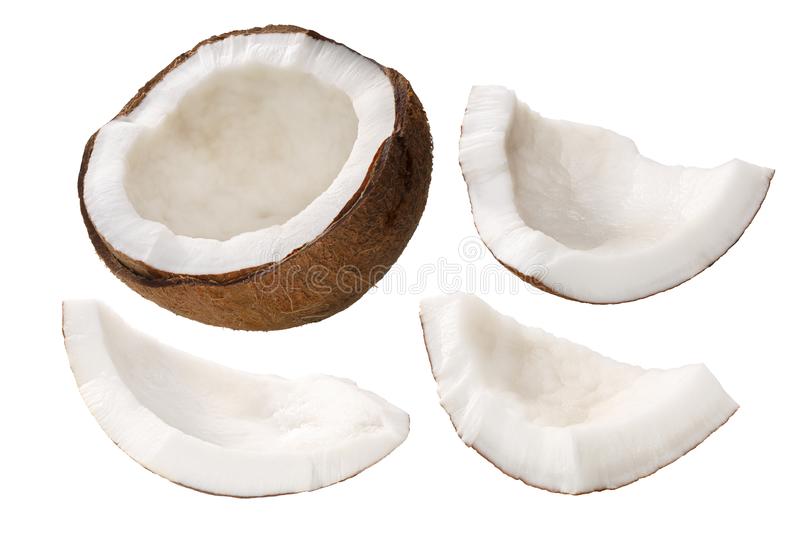Published Date January 24, 2003
Coconut Water or Energy Drinks??
By Arpita Sudev
3 min read
Last update date: January 24, 2003
All about Coconut Water, sodium, magnesium and phosphate,
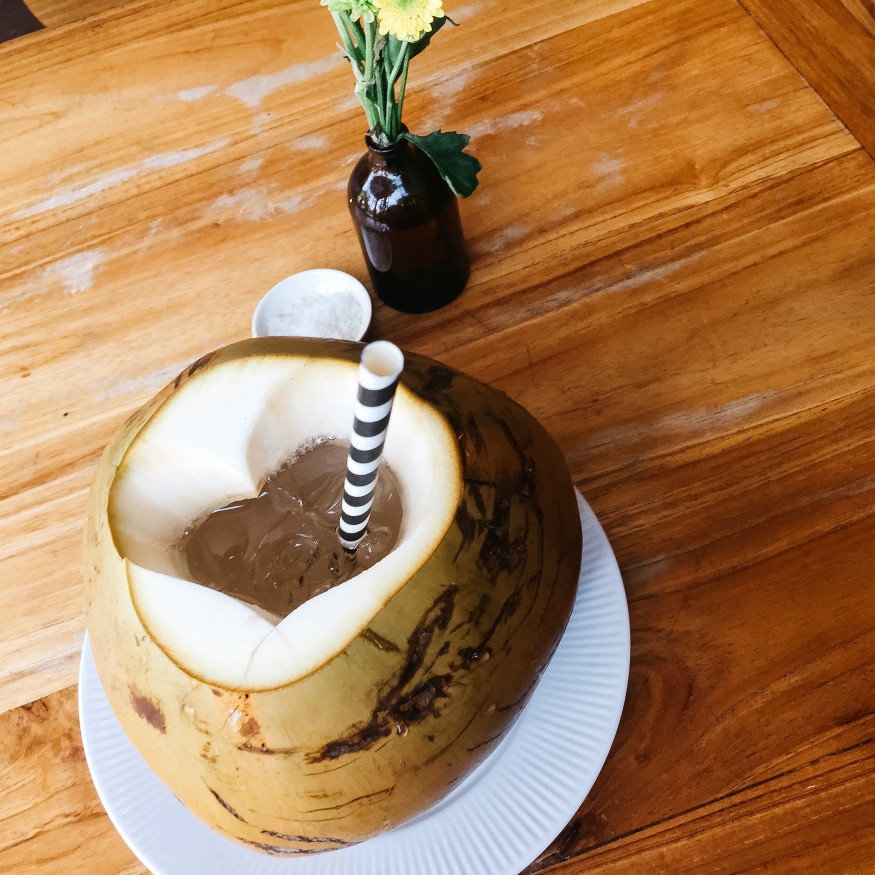
Coconut water-based products are definitely not a replacement for your typical sports drink. But if you are looking for something with a little more oomph than water then coconut water would be the best choice because it's free of added sugars which are usually found in sports drinks.
Coconut water has electrolytes
Electrolytes are ions found in blood, urine, and other body fluids like sweat. When we work out, our body loses electrolytes in the form of sweat and their reserves must be replenished.
The most common electrolytes lost are sodium, chloride, potassium, magnesium, calcium, bicarbonate, and phosphate. If these nutrients are not replenished during or after the workout then your body can experience stiffness, muscle cramps, nausea, fatigue, and irritability.
Water does not have all the electrolytes and, on the other hand, coconut water can help you replenish most of them.
Coconut water is all-natural
Coconut water contains a nutrient composition ideal for rehydrating the human body. An article from the American Journal of Emergency Medicine cited that coconut water is used as an emergency intravenous rehydration in remote areas of the world. Since it comes directly from the coconut, it is almost sterile with perfect proportions of nutrients, allowing it to be infused directly.
Coconut water aids in rehydration
According to the American College of Sports Medicine, it is recommended that you consume 3–8 ounces of fluids every 15–20 minutes during exercise in order to maintain proper fluid balance. It’s necessary to hydrate yourself as you are constantly losing fluids and electrolytes through sweat and if you don’t you can be left feeling dizzy and weak.
Better than a sports drink
Compared to manufactured sports drinks, coconut water has more nutrients per serving, 25 percent fewer calories, and half the sugar. The 1 gram of protein available in 100 ml of coconut water will surely assist with muscle recovery after workouts.
It has more electrolytes compared to sports drinks. In 1 cup of sports drink, you’d find 37 mg of potassium and 2 mg of calcium. While in the same serving of coconut water, you’d find 600 mg of potassium and 58 mg of calcium. Coconut Water, thus, is 16 times better than a sports drink when it comes to potassium.
What Coconut Water Doesn’t Have
It has only a third of the sodium compared to traditional sports drinks. If you’ve got a vigorous workout session, keep in mind that with intensity comes sweat, so your body will lose sodium. In fact, just one litre of sweat can flush out 1,300 milligrams of sodium, making the mineral an important ingredient to include in your post-workout beverage — and in that respect, a traditional sports drink might be a smarter choice rather than coconut water.
If you’re using it to maintain hydration levels when sweating heavily, the lack of sodium means that coconut water comes up way short. The lack of sodium and abundance of potassium in coconut water means it’s just not an alternative to your sports drink when you’re sweating a lot.
Takeaway
Coconut water can be a great way to rehydrate after a hard workout. Swap coconut water for a traditional sports drink and skip the added sugar, dyes, and other synthetic ingredients. An ideal weight loss drink. The drink can be beneficial in giving your skin a natural glow too. It can reduce pigmentations and is good for acne, and dry skin.
Seek out fresh, unprocessed coconut water to get the most amount of antioxidants and a true taste of the tropics. But, if you're working out with high intensity and losing a lot of sweat then a traditional sports drink might be slightly better as it can easily refill your sodium reserves which coconut water simply can’t.
References
- https://gracefoods.ca/5-reasons-hydrate-coconut-water-post-exercise/
- https://www.mensjournal.com/food-drink/whens-right-time-rehydrate-coconut-water/
- https://www.webmd.com/food-recipes/features/truth-about-coconut-water
- https://nutritionfornonnutritionists.com/2016/09/dare-to-compare-coconut-water-versus-sports-drink/
Related Items
Choose Healthy With Us.
Know the real truth about your food. Stay informed and healthy, for free.

Download the App Now
Certified nutritionists trust our food recommendations. Safe to say, so can you :)




